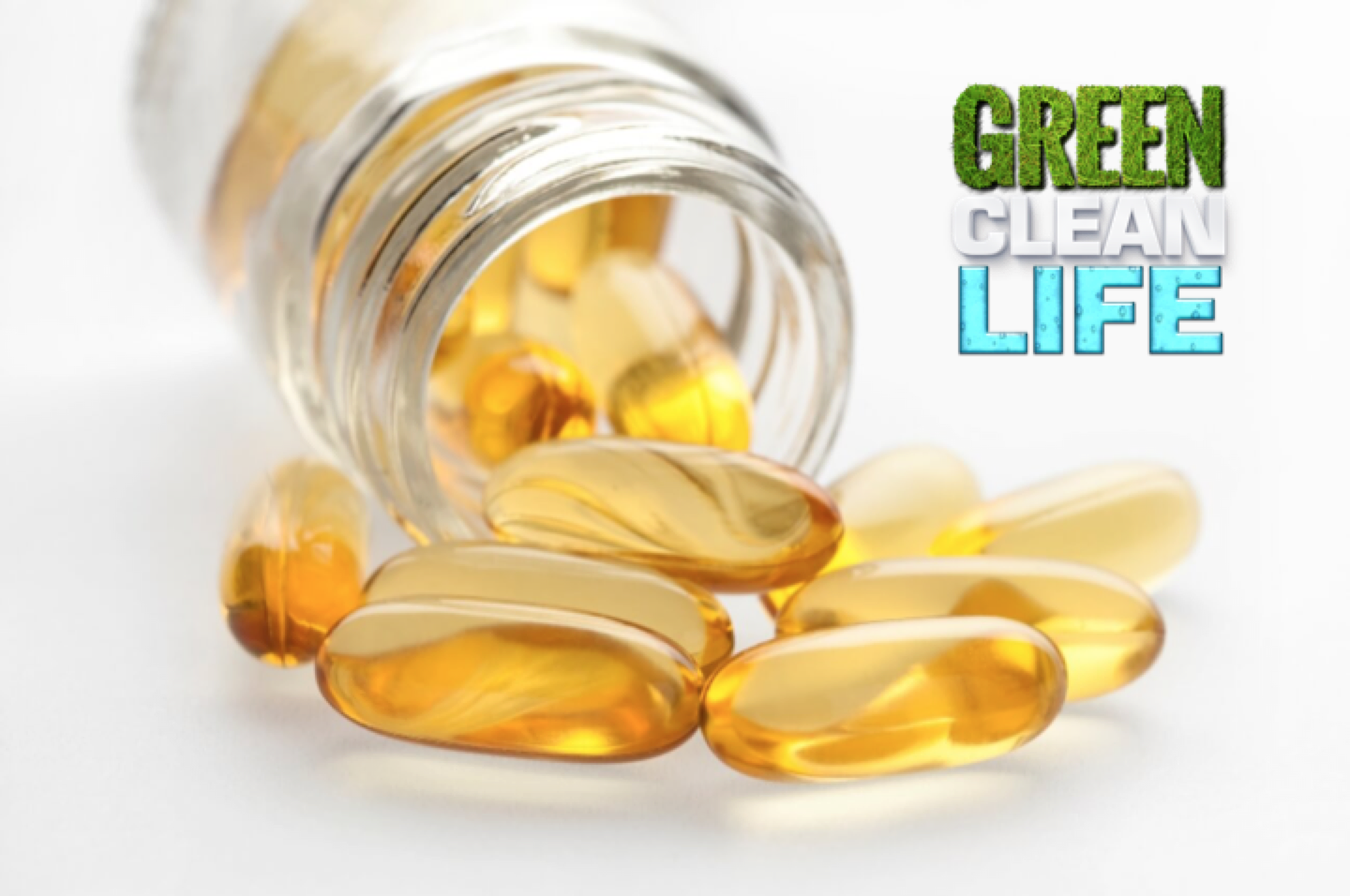We all know how hard it is to get all you daily nutrition in just from the foods that you eat, and while we have discussed how the fields are stripped of nutrients and minerals before, we have yet to discuss newer studies that show a massive correlation between proper nutrients and minerals and their effects on your mood as well as other major brain functions.
The study was done by the Journal of Nutrition and Intermediary Metabolism and followed 58 individuals were gathered and were offered a multi-vitamin for the course of the study to see how it would effect people. The study was double blind and had controlled placebos in the test to make sure their results were as accurate as possible.
The results are nothing short of amazing as subjects who were on the multi-vitamin were not just healthier physically, but in just four weeks their depression score had been decreased on their tests. To validate this, subjects who had improved mood and brain function had higher level of vitamin b and lower counts of homocysteine.
Here are a list of ingredients you should be on the lookout for when it comes to supplements! Follow this list and research shows that it could be the difference maker in many individual’s lives that are struggling to take control of their mood:
- Folic acid — Studies have shown that folic acid (a B-vitamin) can relieve certain symptoms of depression, particularly women suffering from the post-partum variety.
- S-adenosyl-L-methionine — Known as SAMe, the substance helps regulate mood by allowing for the steady production of several neurotransmitters involved in mental stability.
- Gingko biloba — The herbal supplement has been shown to improve symptoms of dementia and Alzheimer’s disease. It has also been shown to be useful in alleviating antidepressant-induced sexual dysfunction.
- Valerian — Unlike benzodiazepines, the herb can relieve anxiety and sleep problems without the associated side effects.
- Omega-3 fatty acids — Data prove the positive interaction between the fatty acid and mental health. Omega-3 fatty acids are especially useful for the elderly and people with multiple medical conditions. This is because the supplement is potent while having limited interaction with other medicines.
- St. John’s Wort — One of the more popular alternative remedies for depression, St. John’s Wort has been shown to help people with mild or moderate symptoms of the mental disorder. It is not recommended for those with severe forms of the disease, however.
- Melatonin — The supplement can improve the sleep quality in people with schizophrenia, major depression, and those with seasonal affective disorder (SAD). (Johansson, 2018)
To read more on the study, simply go to https://www.sciencedirect.com/science/article/pii/S2352385915001747 to become further educated on the subject!
Johansson, R. (2018, May 4). Taking a multivitamin has beneficial effects for your brain function, mood. Retrieved May 30, 2018, from https://www.science.news/2018-04-05-taking-a-multivitamin-has-beneficial-effects-for-your-brain-function-mood.html


